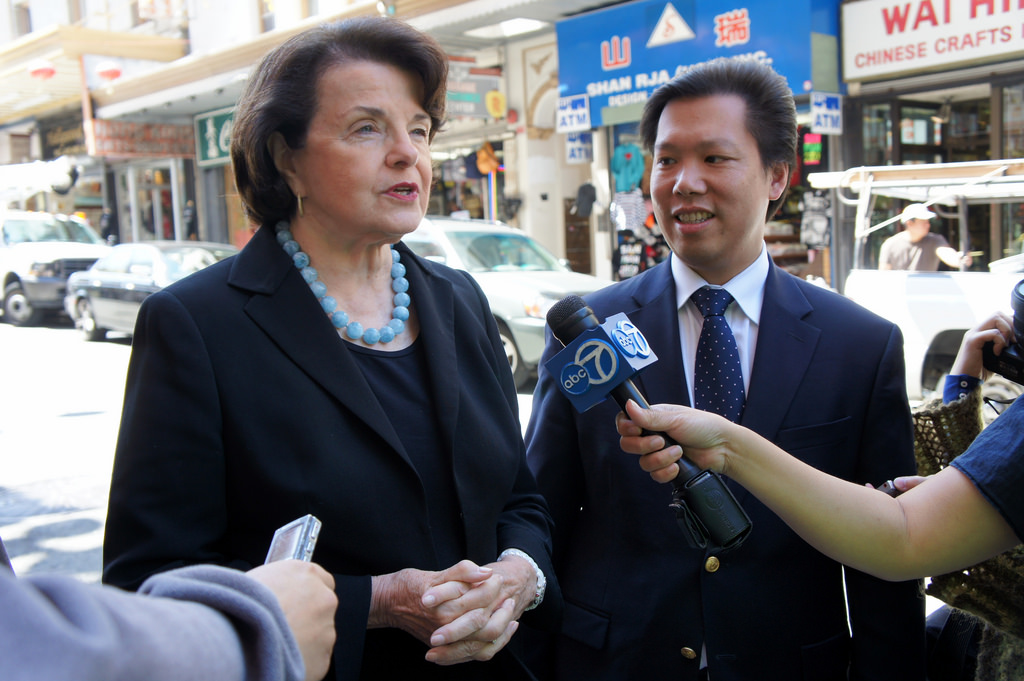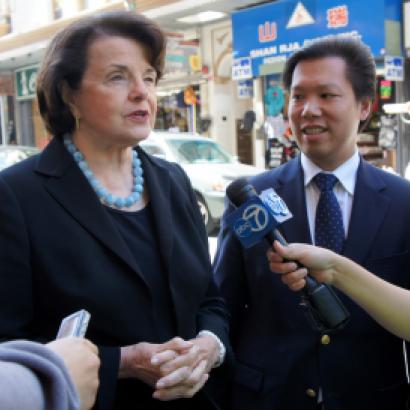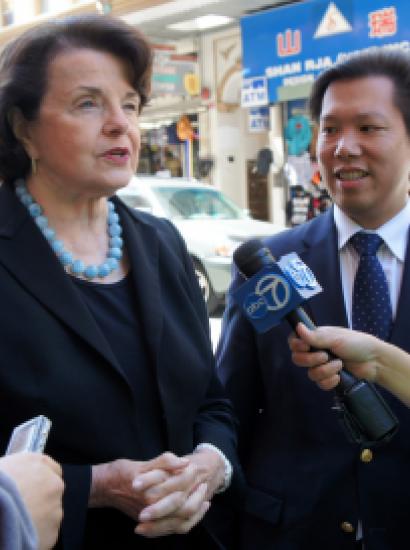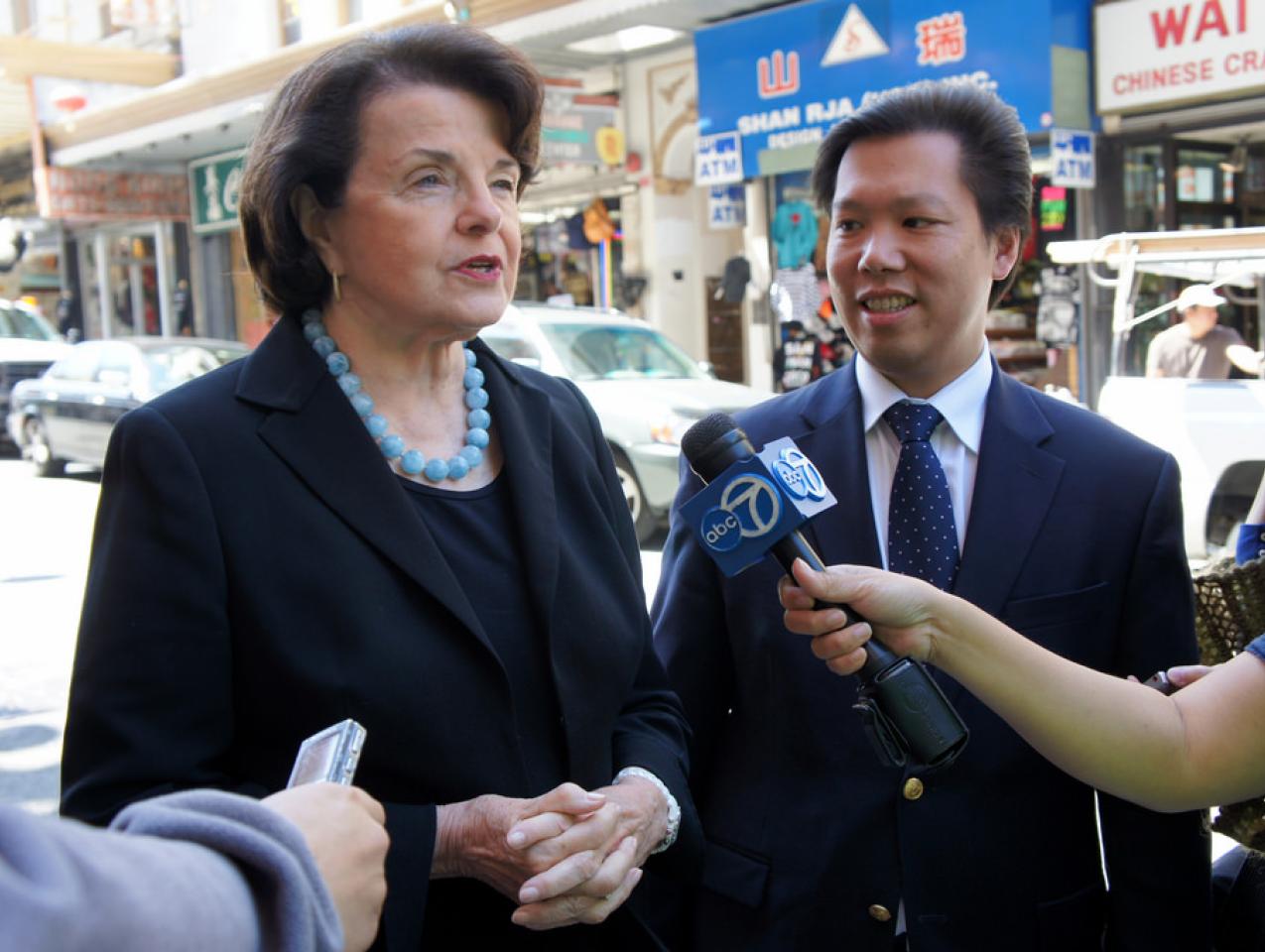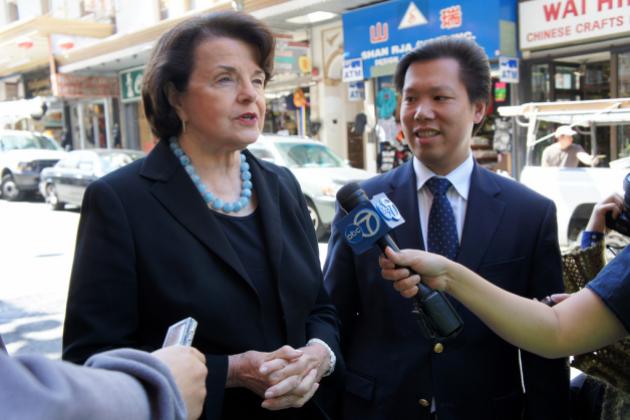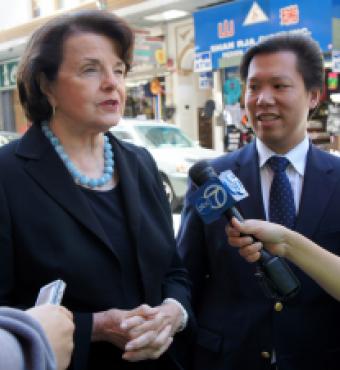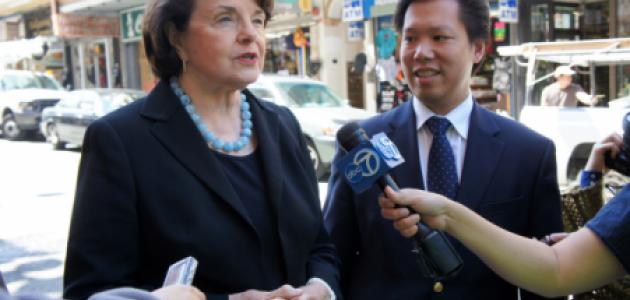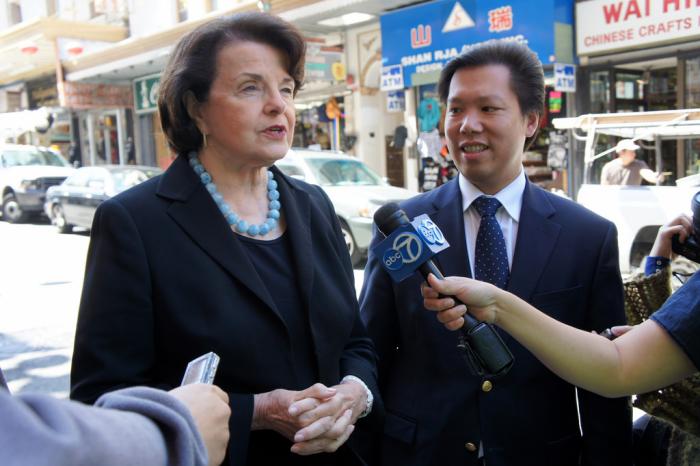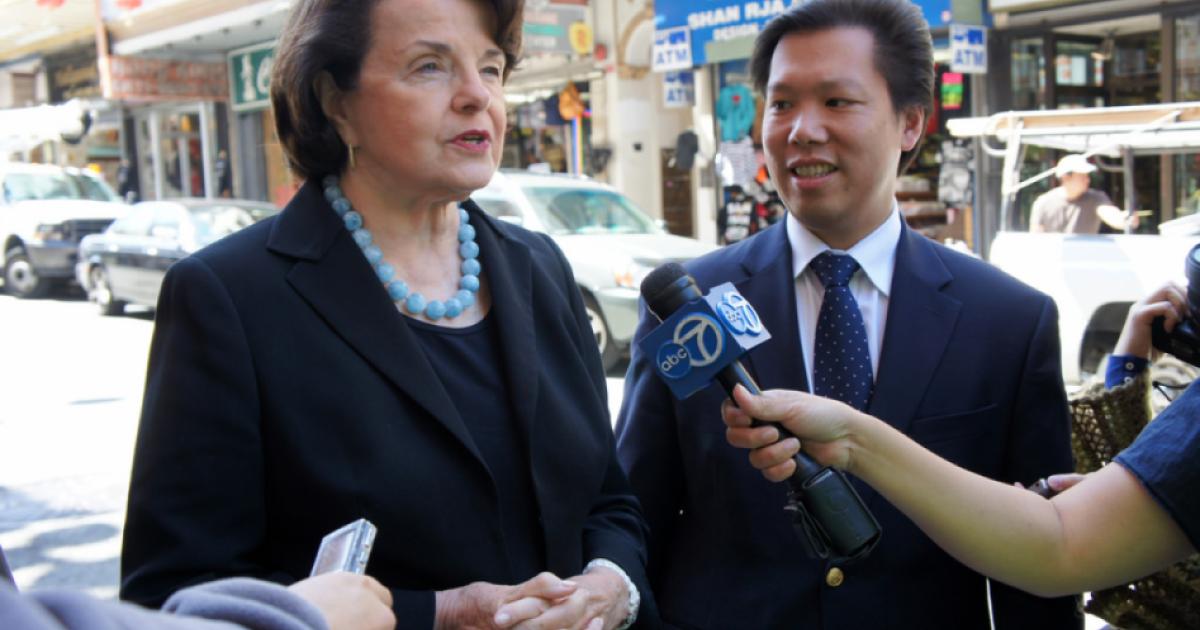- Politics, Institutions, and Public Opinion
- Congress
- State & Local
- California
Timing is everything, as my colleague Lee Ohanian demonstrated by being the first in this space to deconstruct California governor Gavin Newsom’s call to end the sale of gasoline-fueled automobiles in the Golden State by the year 2035.
I won’t add to Lee’s very smart take on the folly of Newsom’s idea. To his considerable credit, as an esteemed economist, he takes the high road and discusses California’s regulatory climate.
I’ll take the lower road and suggest something darker and far more political—California’s hard-luck and error-prone governor was looking to change the subject. If you want car-dependent Californians’ ears to perk up, try messing with their wheels (former governor Gray Davis learned this the hard way in 2003, when he signed off on a tripling of the state’s vehicle license fee—and soon thereafter became the second governor in US history to be recalled by an angry electorate).
But there’s another prominent California politician in the spotlight these days, for the wrong reasons: Sen. Dianne Feinstein.
For starters, there’s a family matter. The integrity of the senator’s husband, investor Richard Blum, is in question—again (in previous Feinstein campaigns, Blum’s business ties to China has been a bone of contention). According to media reports, Blum used his position as a member of the University of California’s Board of Regents to help affluent applicants earn admission to the flagship UC Berkeley campus. It’s not illegal, but Blum’s letter-writing campaign suggests shady ethics if one believes that a regent should be an impartial overseer of the public university system.
But more troubling for Feinstein: this Politico article suggesting that California’s senior senator isn’t up to the challenge of mounting a smart and spirited opposition to Judge Amy Coney Barrett, President Trump’s choice to replace the late Justice Ruth Bader Ginsburg on the Supreme Court.
Among the criticisms:
- The 87-year-old Feinstein is maybe too long in the tooth to be in the Senate, much less the ranking Democrat on the Senate Judiciary Committee (the article asserts: “Feinstein relies heavily on her ever-present staff to deal with any issues, frequently turning to them for help in responding to inquiries. Feinstein had to be coaxed into wearing a mask around the Senate during the early days of the pandemic, despite being part of the most vulnerable age groups for the disease. She’s only made two floor speeches in the last nine months, her last being in early July, although she remains active in committee hearings”).
- Feinstein’s clumsiness amidst the kerfuffle over the nomination of Justice Brett Kavanaugh—she waited for several weeks before disclosing Christine Blasey Ford’s assault allegations against the nominee—has her colleagues worried that another ham-fisted assault on a Supreme Court nominee could lead to a voter backlash (the article quotes an anonymous Democratic senator: “She’s not sure what she’s doing. If you take a look at Kavanaugh, we may be short two senators because of that. And if this gets [messed] up, it may be the same result. I think it could impact a number of seats we can win.”).
That Feinstein would come under scrutiny—count CNN legal analyst Jeffrey Toobin as another critic of the senator’s skills—may come as a surprise given that her colleague from California, Sen. Kamala Harris, also is a Judiciary Committee member and will have an opportunity to pose questions to Judge Barrett.
But with Harris, the concern is temperament. Two years ago, her approach to Kavanaugh was that of a then presidential candidate in search of a confrontational viral moment. Two years later, Harris is now the Democrats’ vice presidential nominee. Does she once again engage in bullying and browbeating of a Trump nominee—knowing that it would come at the expense of a Midwestern minivan-driving mother of seven children?
How fervently to approach a judicial nominee from the rival party is a decades-old question in Washington, dating back to 1987 and Robert Bork’s failed nomination, whereas the question of age is one that most US senators would rather avoid.
Feinstein, Vermont senator Patrick Leahy (the most senior member of the Senate Judiciary Committee), and Iowa senator Charles Grassley (in 2021, the Judiciary chairman should Republicans maintain their majority) are a combined 254 years in age—a decade more than the lifespan of the United States of America.
That trio reports, respectively, to Senate Majority Leader Mitch McConnell, currently in the process of seeking a seventh Senate six-year term, and Minority Leader Charles Schumer first elected to Congress in 1980, when an eight-year-old Amy Coney Barrett was a second-grader. Senators going along with a House Democratic plan to impose term limits on Supreme Court justices—Feinstein and Grassley both born in 1933, as was the late Justice Ginsburg—would be whistling past the graveyard.
Two years ago, Feinstein threw cold water on that concept (“I believe that Americans benefit from having life tenure for Supreme Court justices since judges are insulated from political influence over their actions”). But if Feinstein wanted to bolster her case, why not invite her congressional colleagues on a field trip to Sacramento, for a firsthand look at a state government handicapped by term limits?
First imposed by voters in 1990 and altered in 2012, the present restrictions call for no more than 12 years in either legislative chamber. The problem with that: novice leadership.
Since 2007, Nancy Pelosi has served as either House Speaker or Minority Leader. Only three US senators—McConnell, Schumer, and the retired Harry Reid—have served as majority or minority leaders. In Sacramento, over the same time, nine Californians have held the title of State Assembly Speaker or Senate President Pro Tempore.
While Congress is famously unproductive, at least it’s orchestrated inaction—in this Congress, House Democrats and Senate Republicans wanting nothing to do with one another. California’s state legislature, on the other hand, is simply disorganized. Look no further than the last day in August and Sacramento’s final hours to pass bills. The state’s highest-profile housing bill didn’t survive the gauntlet, as the State Assembly gave the State Senate all of three minutes before the midnight deadline to consider the measure—a testament to the legislature’s inability to budget its time and the animosity between the chambers’ respective leaders.
Once again, the Golden State serves as a convenient piñata. Republicans argue that Kamala Harris’s ascent to the vice presidency will put the nation on a path to California-type social experimentation. How easy for Feinstein to do the same: scare her colleagues into not turning Capitol Hill into Sacramento East.







